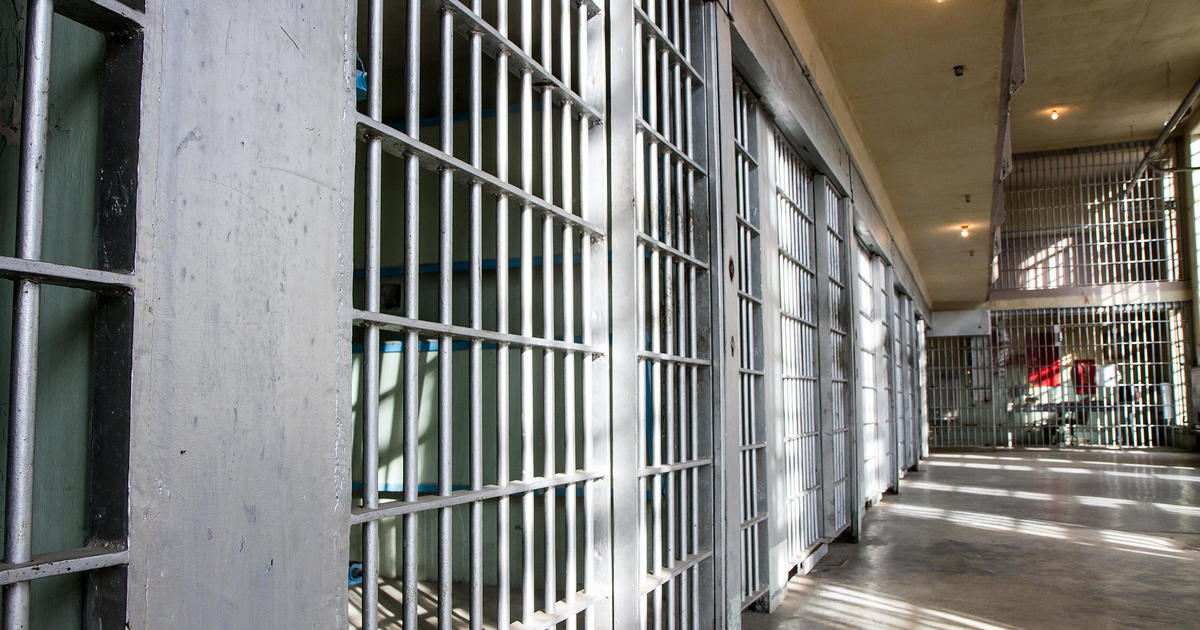
Advocates for criminal justice reform argue 2020 candidates aren’t spending enough time discussing clemency. Inmates are behind bars who shouldn’t be, they say, and the next president has the power to change that without Congress.
Senator Cory Booker brought attention to the issue at the Democratic presidential debate earlier this month, saying if he were elected president, he would commute the sentences of roughly 17,000 non-violent drug offenders on his first day.
Booker first proposed the idea in June to reduce sentences for those who would have received less time if guidelines under the First Step Act — passed in December 2018 — had been in effect.
Trending News
“If 87 members of the United States Senate say these sentences are way too long — and we changed it — but we didn’t make it retroactive, we could literally point to the people that are in jail unjustly right now,” Booker said at the debate in Houston.
Clemency is a broad term for the president’s constitutional power to grant leniency in federal cases. There are two kinds: a commutation shortens the amount of time spent behind bars and a pardon “forgives” someone’s conviction after a sentence is served.
Clemency has historically been considered on a case-by-case basis, but Booker’s proposal identifies a broad class of individuals who would be eligible.
“That’s a different way than clemency has been treated in the past,” said Andrew Sidman, associate professor and chair of political science at John Jay Criminal College. “There’s a difference in what I’m hearing in tone.”
A petition historically goes through multiple rounds of approval within the Department of Justice and the White House before reaching the president’s desk. It’s a lengthy process that can be easily stalled.
Experts argue there are political forces at play that can taint the process since the majority of the system is housed under the attorney general’s purview.
“The DOJ is comprised of the people that put these people behind bars in the first place,” said Joe Luppino-Esposito, the director of Rule of Law initiatives at the Due Process Institute. “It’s a little odd the clemency process happens within the same department.”
However, at least six Democratic hopefuls — Booker, Mayor Pete Buttigieg, Senator Kamala Harris, Senator Amy Klobuchar, Senator Bernie Sanders and Senator Elizabeth Warren — say they would address these issues through an independent commission, which could both speed up and depoliticize the process.
“Even at the highest levels of the Department of Justice, these are political appointments,” said Sidman. “An independent commission would provide a non-partisan way of evaluating these appeals.”
Klobuchar was the first candidate to introduce the idea. Her plan establishes a bipartisan advisory board to review petitions and make recommendations to the president.
“For the first time, we have candidates proposing changing the process,” said Mark Osler, a professor at the University of St. Thomas. “They’d be smart to take a look at it very closely at this point.”
Osler says clemency can provide relief to inmates who are unable to benefit from certain sentencing reforms, including the First Step Act. The measure reduced mandatory minimums for certain drug offenses, but only made one provision retroactive, pertaining to a disparity in punishment between crack and powdered cocaine offenses.
Experts say this poses serious problems when addressing mass incarceration since it does nothing to help those already behind bars.
While clemency could help correct a lack of retroactive reforms, experts called Booker’s plan to release 17,000 individuals “ambitious.”
They caution that number would likely dwindle after a review process. Federal statistics show there was a backlog of roughly 13,000 pending clemency cases last year.
The Obama administration attempted to streamline the process by introducing specific eligibility criteria, however, an internal report by the Department of Justice last year found the initiative was “poorly implemented.”
Studies show former President Barack Obama, who made clemency a focal point of his administration, granted 5% of all petitions filed during his presidency. That was higher than former President George W. Bush’s 2% rate, but 1 percentage point lower than former President Bill Clinton.
President Trump has granted 15 pardons and six commutations, according to Justice Department statistics. However, the clemency rate under his administration is expected to increase near the end of his term.
Prior administrations recorded much higher grant rates. Former Presidents John F. Kennedy and Richard Nixon granted 36% of clemency petitions filed. One reason is that the incarceration rate is much higher, resulting in more claims. In addition, parole, a mechanism for reducing time behind bars, was eliminated from the federal system under the Sentencing Reform Act of 1984.
Presidents and governors are often wary about the risk of being criticized if someone with a commuted sentence goes on to commit a highly-publicized crime. Many attribute this to the “tough on crime” climate ushered in after the Willie Horton campaign ad during the 1988 election.
In 2012, former Republican nominee Mitt Romney boasted that he granted zero pardons while he served as governor of Massachusetts.
“Clemency is a tough thing to try to get a handle on because it can be so controversial,” added Sidman. “But also because it’s one of these powers that exists virtually unchecked in our system.”

